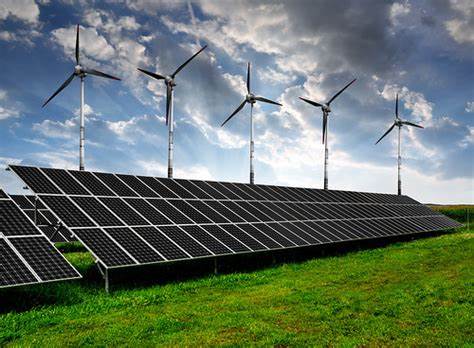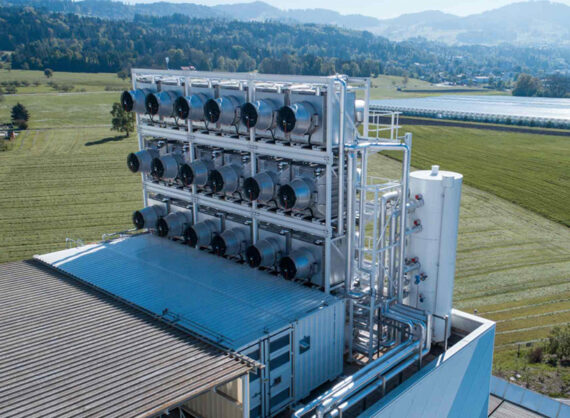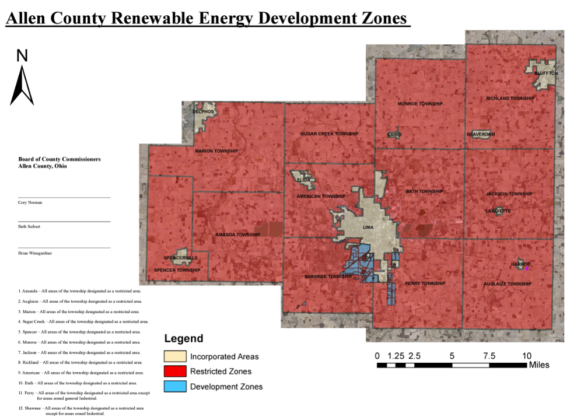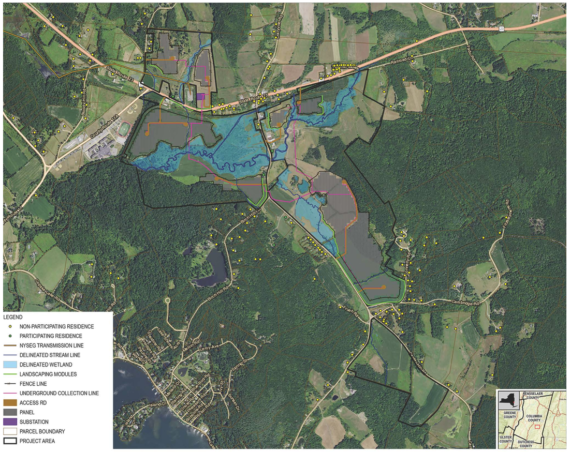On November 16, 2023, the Department of Energy (DOE) published a proposed rule to expedite the environmental review process for certain renewable energy infrastructure projects through the use of categorical exclusions. DOE’s proposal would apply to: (1) installing, operating, modifying, or decommissioning solar photovoltaic (PV) systems on buildings or other […]
Clean Energy
The Infrastructure Investment and Jobs Act of 2021 directed the U.S. Department of Energy (DOE) to support the development of four regional “direct air capture hubs” (DAC Hubs)—networks that connect direct air capture projects with sequestration facilities and commercial users of captured carbon dioxide (CO2). To support these DAC Hubs, […]
Today, the Sabin Center has published a best practices guide for negotiating and drafting Community Benefits Agreements (CBAs), as well as a database of 50 example CBAs from climate-related projects and other types of infrastructure. For background, CBAs are legally binding contracts between developers and host municipalities or community groups […]
The Sabin Center for Climate Change Law at Columbia Law School has launched a new tool tracking the implementation of the New York Climate Action Council (CAC)’s recommendations in the Scoping Plan for the Climate Leadership and Community Protection Act (CLCPA). The CLCPA—New York’s ambitious climate law signed in 2019—called […]
Renewable energy projects have encountered significant opposition in at least 45 states. In addition, at least 228 local laws, ordinances and policies have been enacted in 35 states to restrict renewable energy projects, according to a report, Opposition to Renewable Energy Facilities in the United States, issued on May 31 […]
Last Thursday, May 18, a state appellate court affirmed the trial court’s dismissal of Town of Copake v. New York State Office of Renewable Energy Siting, a lawsuit challenging the state’s March 2021 regulations for siting and permitting major renewable energy facilities. While the appellate court’s decision to uphold the […]
A major bottleneck in the deployment of renewable energy systems is the lack of adequate transmission capacity. According to recent studies cited by the U.S. Department of Energy, the United States will “need to expand transmission systems by 60% by 2030 and may need to triple those systems by 2050” […]
Following the 2007 landmark Supreme Court case Massachusetts v. EPA, the United States Environmental Protection Agency (EPA) has regulated greenhouse gas (GHG) emissions from motor vehicles under the Clean Air Act. These emissions standards were significantly loosened in the last year of the Trump Administration. In 2021 the Biden Administration […]







